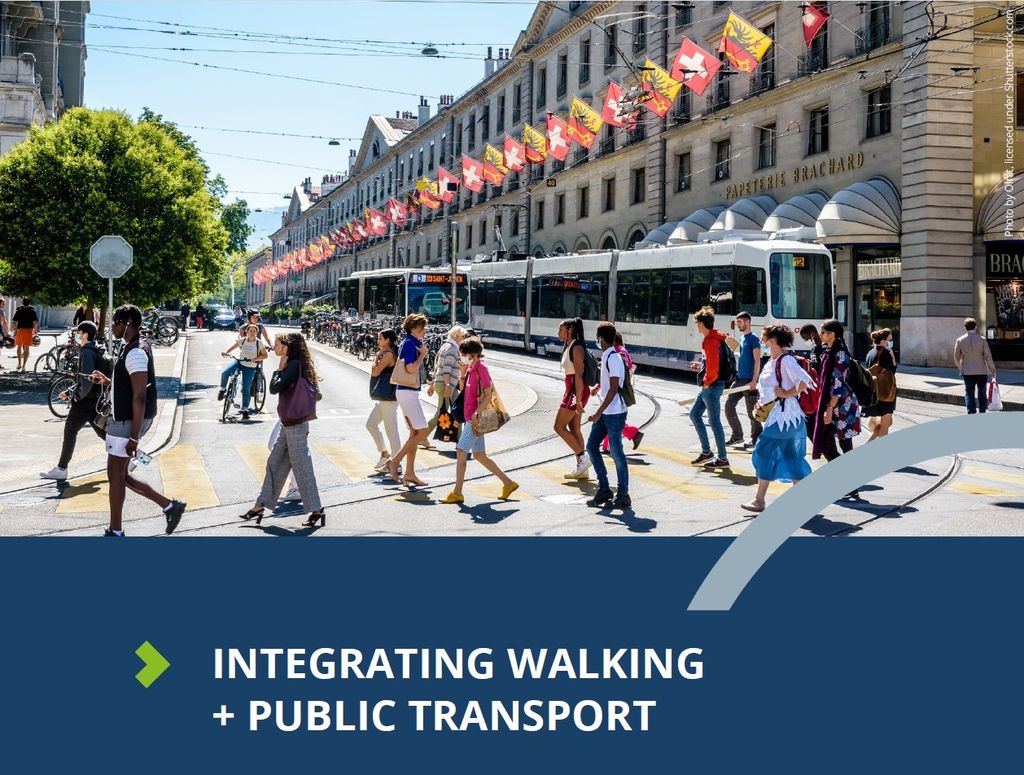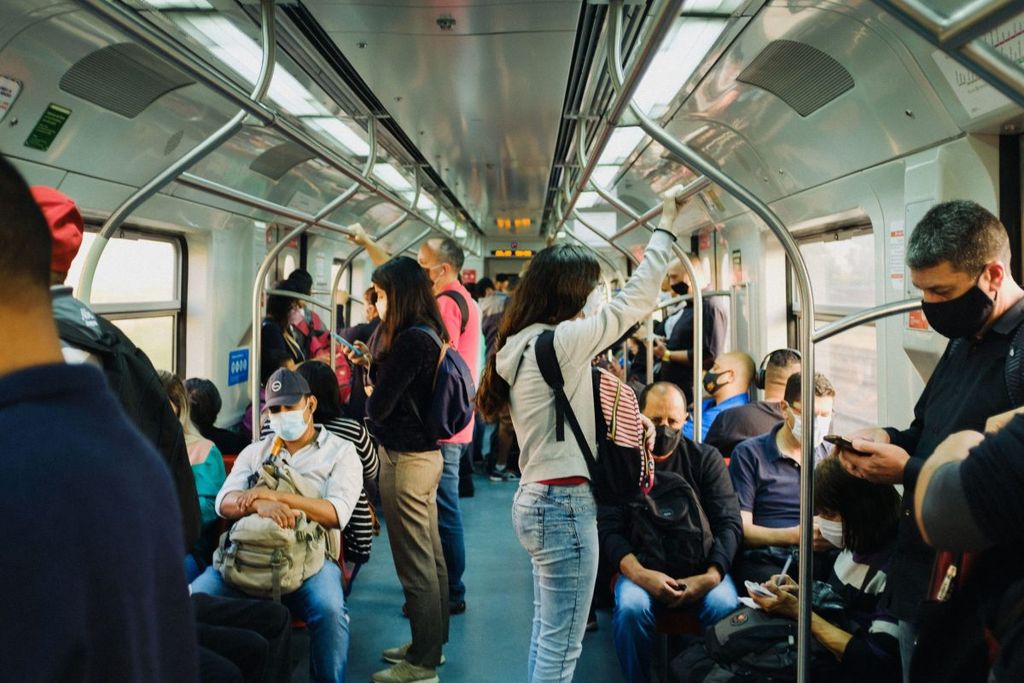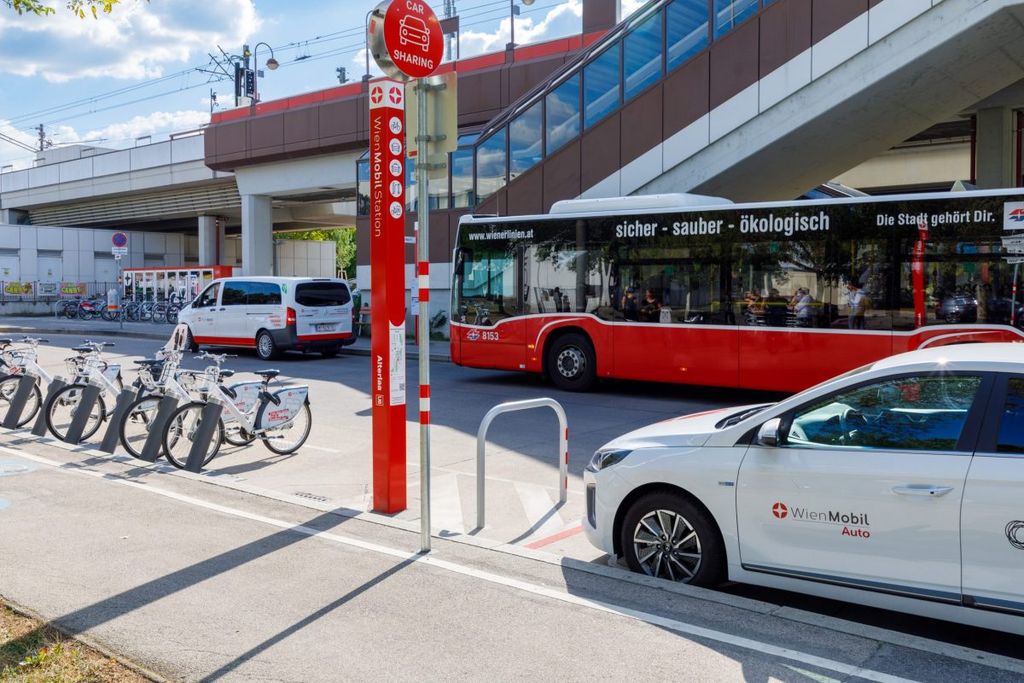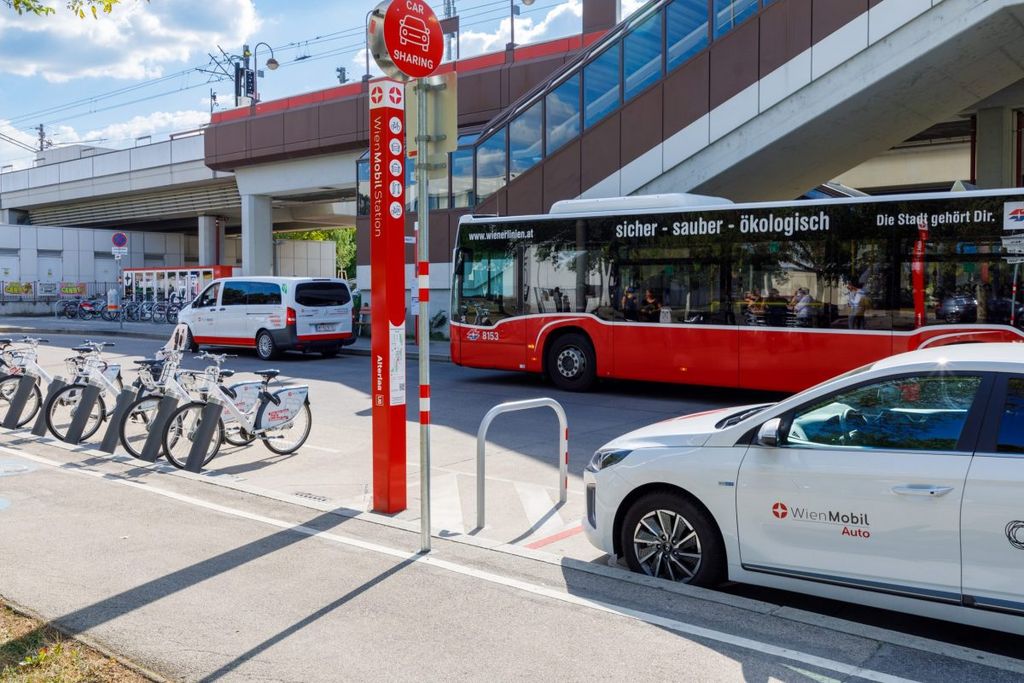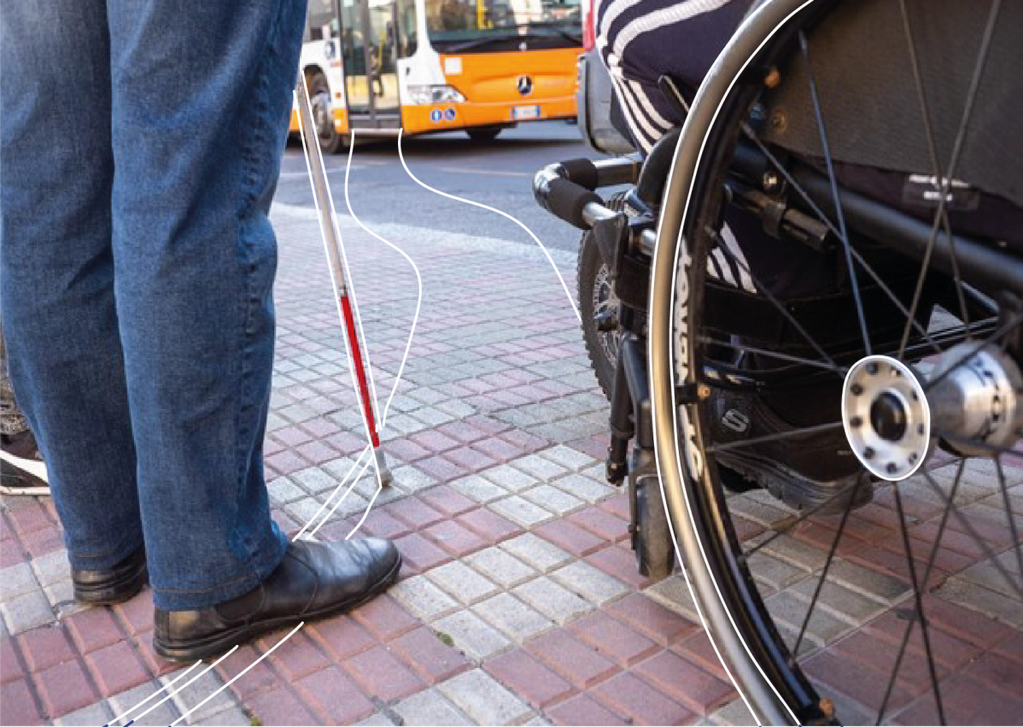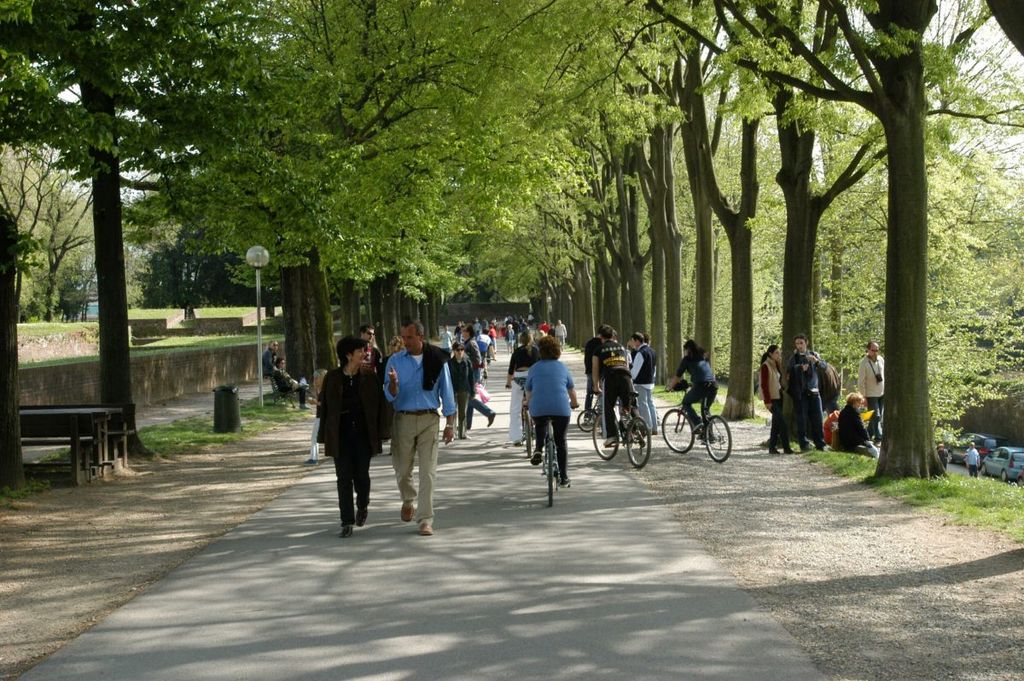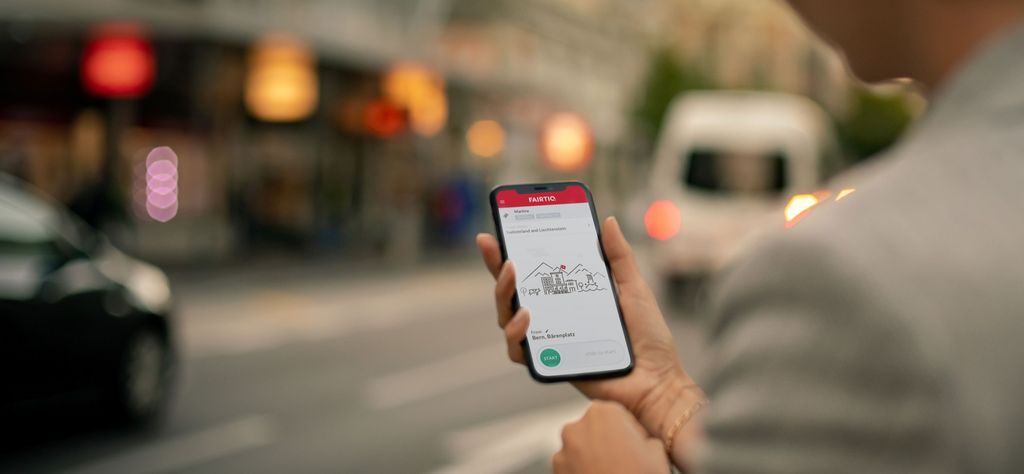
In conversation with the 'Meet the Start-ups' Challenge winners: FAIRTIQ
About the Challenge
During the UITP Asia-Pacific Conference 2020, which took place on October 22nd and 23rd, the winners of our ‘Meet the Start-ups’ Challenge were announced and their winning videos shown to a wide audience.
This Challenge was an opportunity for mobility start-ups to showcase their innovative concepts of services, products or applications that respond to the needs of the urban mobility sector post COVID-19. The start-ups could fall under the category of customer services, payment and ticketing, safety and security, Mobility-as-a-Service (MaaS), green mobility, and many more.
We got the opportunity to speak with the two winners: Julian Rossy from FAIRTIQ and Kilian Ulm from AXON VIBE. They explained the nature of their start-ups and discussed how the services they provide can support the future of urban mobility.
First, we introduce Julian Rossy from one of the winning start-ups, a ticketing app born in Switzerland, FAIRTIQ.
Congratulations for winning the start-up challenge! Can you tell us briefly what FAIRTIQ is, and what makes it special compared to other similar applications?
Thank you! It was my pleasure to introduce FAIRTIQ to the jury and audience.
I think there are two main differences. First, we are a post-paid ticketing app: an end-to-end Automated Fare Collection system. We aim to offer the same user experience as smartcard/NFC systems, without the dependency on any hardware. Generally, mobile ticketing applications offer pre-paid ticket purchase, the same as ticket vending machines do.
Second, we are the only smartphone based check-in/-out app with a proven track record of more than 19 million journeys. This is the advantage of Ticketing-as-a-Service. We work hand-in-hand with innovative partners in many countries and this community is growing fast.
In the early 2000s the Swiss Public Transport Industry was planning to launch a nationwide card based Be-In, Be-Out System (BiBo). It ended up not being required, as new technologies enable better solutions: with just one swipe on the FAIRTIQ app, passengers receive a valid travel permit on the phone allowing them to travel nationwide in Switzerland with all types of Public Transport (railway, tram, metro, bus, boat, and even cable cars). On completion of the journey, which can be multi-leg and multi-operator, the passengers are automatically charged the best price for the journey undertaken.
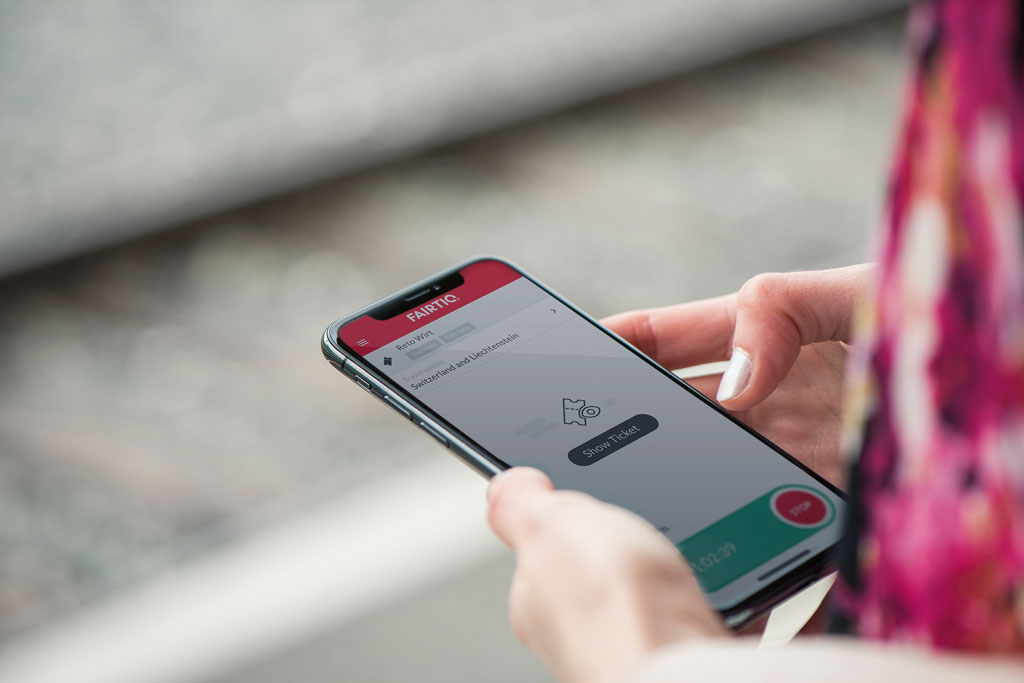
How has FAIRTIQ been used during the COVID-19 pandemic, and what solutions can it offer for a mobility in these special circumstances?
In the Austrian region of Vorarlberg, FAIRTIQ has seen more journeys during the pandemic than before, and this even though the bus ridership is still at lower levels.
I believe that there are two main reasons for this:
- Our consumers trust their smartphone: acquiring a ticket via FAIRTIQ does not require any interaction with external devices or PT staff: everything is done on the user’s own smartphone.
- Our consumers also love the flexibility behind the use of FAIRTIQ: with options such as daily, weekly or monthly capping, users can really enjoy their public transport experience the fullest, without caring about which ticket to buy. At the end of the day, they will pay the right price no matter how much they consume.
This is how the FAIRTIQ solution has contributed to increase in ridership, by reinsuring trust in the minds of public transport consumers.
One of FAIRTIQ’s focus is seamlessness, both for customers and operators of public transport. How is that seamlessness achieved, and what advantages does it provide?
Gian-Mattia Schucan, our founder and CEO, worked as Head of Retail at the Swiss National Railway SBB. He therefore understands both sides and built FAIRTIQ as a platform connecting operators closer to their consumers.
We believe that ticketing is a hassle for everyone: cumbersome for the traveler, expensive for the operator. FAIRTIQ is built around:
- Radical Ease of use for the Consumer: check-in/-out with one swipe for everyone.
- Radical Ease of implementation for the Operators: Hardware-free, so essentially investment-free – extremely fast deployment – high flexibility and at low operation cost.
In short, we believe that software is the new hardware, as it offers much greater flexibility.
We believe that software is the new hardware, as it offers much greater flexibility.
How do you imagine the future of mobility, and what will be necessary to build one?
In very mature transit markets such as Singapore, Japan, Switzerland, public transport is the first choice for everyone. This should be the case everywhere: I think we should increase the attractiveness of public transport to reduce dependency on private vehicles.
I see two main ways to reach public transport excellence:
- User-centricity: Operators and Authorities should put their consumers’ needs at the core of what they do.
- Data-driven-ness: So much data can be extracted from today’s technologies, this data is very valuable to improve decision making for policy, operational and planning matters.
At FAIRTIQ, we make sure to put our partners/consumers at the center of what we do. This goes via analysing and providing key consumer insights to our partners, in compliance with data regulations in place.
In very mature transit markets such as Singapore, Japan, Switzerland, public transport is the first choice for everyone. This should be the case everywhere.
What are the next steps for FAIRTIQ and 2021 objectives in terms of geographic deployment and new application features?
Our product team is continuously improving FAIRTIQ. The current main goal is to release our final be-out functionality: consumers won’t need to manually check-out anymore. This feature is currently tested through different markets and will be released very soon to thousands of active users.
In terms of geographic development, we follow a steady growth in Europe and are now tackling other regions. We recently opened offices in Bangalore, Singapore and Toronto to understand how our unique technologies can improve public transport in Asia-Pacific, Middle East/North Africa and North America.
Stay tuned for the second interview with the ‘Meet the Start-ups’ Challenge Winner AXON VIBE coming up later this week!
Want to learn more about the latest innovations in urban mobility?
Register for the IT-Trans online event


